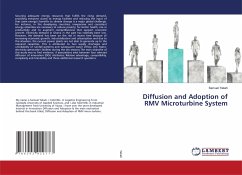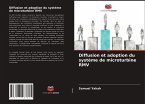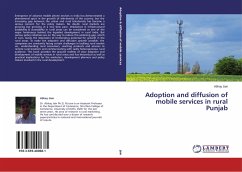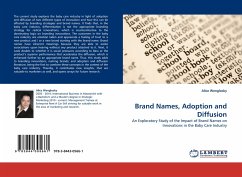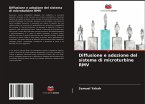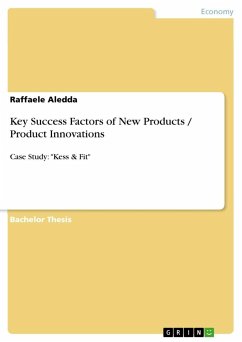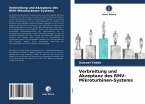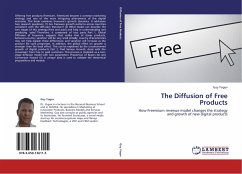Securing adequate energy resources that fulfills the rising demand, providing everyone access to energy facilities and reducing the input of that same energy's benefits to climate change is a major global challenge. For instance, in the developing countries, inexpensive and consistent energy amenities are necessary to reduce poverty, for better health, rise in productivity and to augment competitiveness that support economic growth. Electricity demand in Ghana in the past has relatively been low. However, the demand has been on the rise in recent time because of increasing economic growth, industrialization and urbanization and due to this situation, the current power plants are not able to generate up to the required capacities. This is attributed to fuel supply shortages and unreliability of rainfall patterns and subsequent water inflow into hydro-electricity generation facilities during the dry seasons.The main objective of this study was to find evidence, if associations exist between four selected diffusion of innovation (DOI) attributes; Relative advantage, compatibility, complexity and trial-ability and three additional research questions.
Bitte wählen Sie Ihr Anliegen aus.
Rechnungen
Retourenschein anfordern
Bestellstatus
Storno

